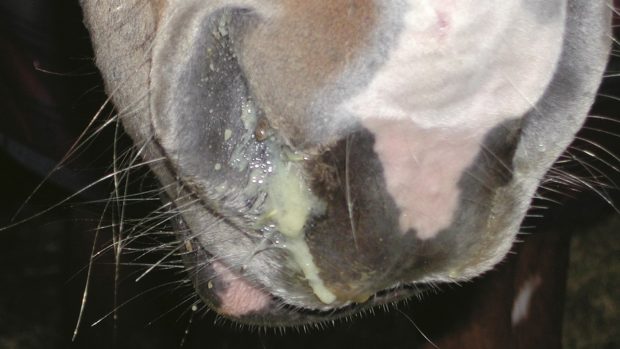Two international charities, the Brooke Hospital for Animals and the World Society for the Protection of Animals (WSPA), have launched a jointly funded project to provide free veterinary care and advice for working horses and donkeys in the southern Afghan city of Jalalabad.
Here, thousands of people work with horses and donkeys and families depend on these animals for their livelihood.
Working at five of the busiest horse and donkey carriage stands, the project involves a team of specially trained local vets treating sick and injured animals, offering saddlery and farriery training and running education programmes.
Many of the animals treated so far have been substantially underweight, with some in very poor condition. Most are suffering the effects of badly overgrown teeth,heavy worm infestations and overgrown feet.
Aided by the Afghan agency Committee for Rehabilitation Aid to Afghanistan (CRAA), the project will also install fresh piped water supplies at carriage stands. This will be a lifesaver for people and animals, especially in the harsh summer months, since their nearest water supply is currently over three miles away.
The Brooke also offered help to the Afghan people when they fled to Pakistan in search of refuge during the war. The charity’s mobile clinics tended to their horses, which had survived two weeks of gruelling trekking to reach safety.
This is the first time both charities have been able to work directly with returning refugees inside Afghanistan to help rebuildtheir lives.
Brooke’s veterinary advisor, Joy Pritchard, says: “In Jalalabad many equines suffer from lameness, body sores and heat stress. However, both people and equines face intense hardship, which we hope to address, through the provision of free veterinary care and piped water. “
Trevor Wheeler, WSPA’s Companion Animals director, added: “The people of Jalalabad recognise the value of their equines. What they lack is anyone with the necessary expertise to provide health and welfare care for the animals. This is the legacy we hope to leave behind when the project is complete.”




